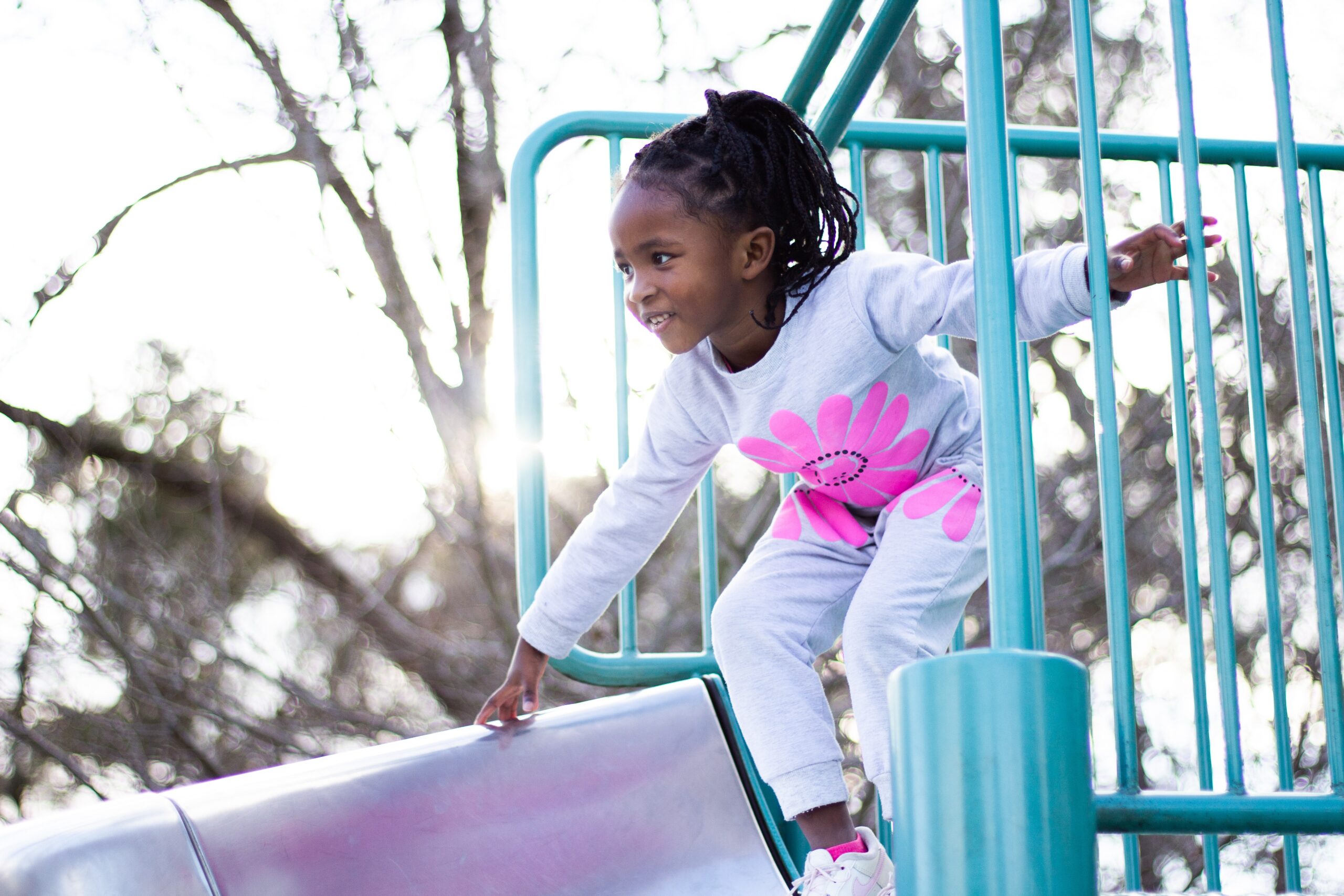Perfectionism is a sly little beast. It looks and sounds like something that should be okay, but it never is. The need to be perfect will so often stop people – big ones and little ones – from reaching their potential. They will be more likely to hold back from new things or new experiences unless the outcome is guaranteed – which it never is when it’s something brave or growthful.
Perfectionism is a form of ‘flight’, as in, ‘What if it’s wrong?’ ‘What if I’ve made a mistake?’
Of course, we want them to recognise their potential and go after that, but mistakes will be part of that.
Mistakes are part of learning, not a disruption to it. There’s a part of the brain that is only activated when we make a mistake. We’ll remember the word we got wrong in the spelling test or the feedback from that thing we did that we cared about.
Perfectionism can be a sly little beast. It can hold kids back from taking safe risks that will grow them. They’ll be less likely to try new things or hard things unless they know they’ll do them well. Or they might procrastinate (also flight) and leave things until the last minute.
For these kids, mistakes or failure will trigger a felt sense of relational threat. ‘What if I’m humiliated?’ ‘What if my teacher or my parents think less of me?’
To support children through perfectionism we need to build as much relational safety as we can.
Focus on effort over outcome: ‘What matters more than the mark is the work you’ve put into it. There will be more tests and assignments, but what’s going to matter isn’t the mark you got today, but that you’re willing to try/ have a go.’ Or, ‘Whatever happens, I couldn’t be prouder of you. You’ve worked so hard and that’s what matters most.‘
Shift the focus from the ‘threat’ (the mistake) to the ‘opportunity’ (the learning). ‘I can hear how much the mistakes matter to you, but I’m really interested in what you’ve learned.’
Perfectionists will put more pressure on themselves than we ever can. Any anxiety they feel from us will add to the pile-on.
Don’t tell them you can handle imperfection – show them. Share, with strength, your own stories of failure or mess-ups – the littles and the bigs.
Most importantly, don’t protect them from mistakes or failure. Our job isn’t to protect them from the discomfort of imperfection but to make space for the experiences that will show them that they (and we) can handle their imperfections.
The truth is, it’s the vulnerability that comes with imperfection, and our willingness to embrace that, that we tend to love most about each other.



Thank you! This is a message I needed to hear now.